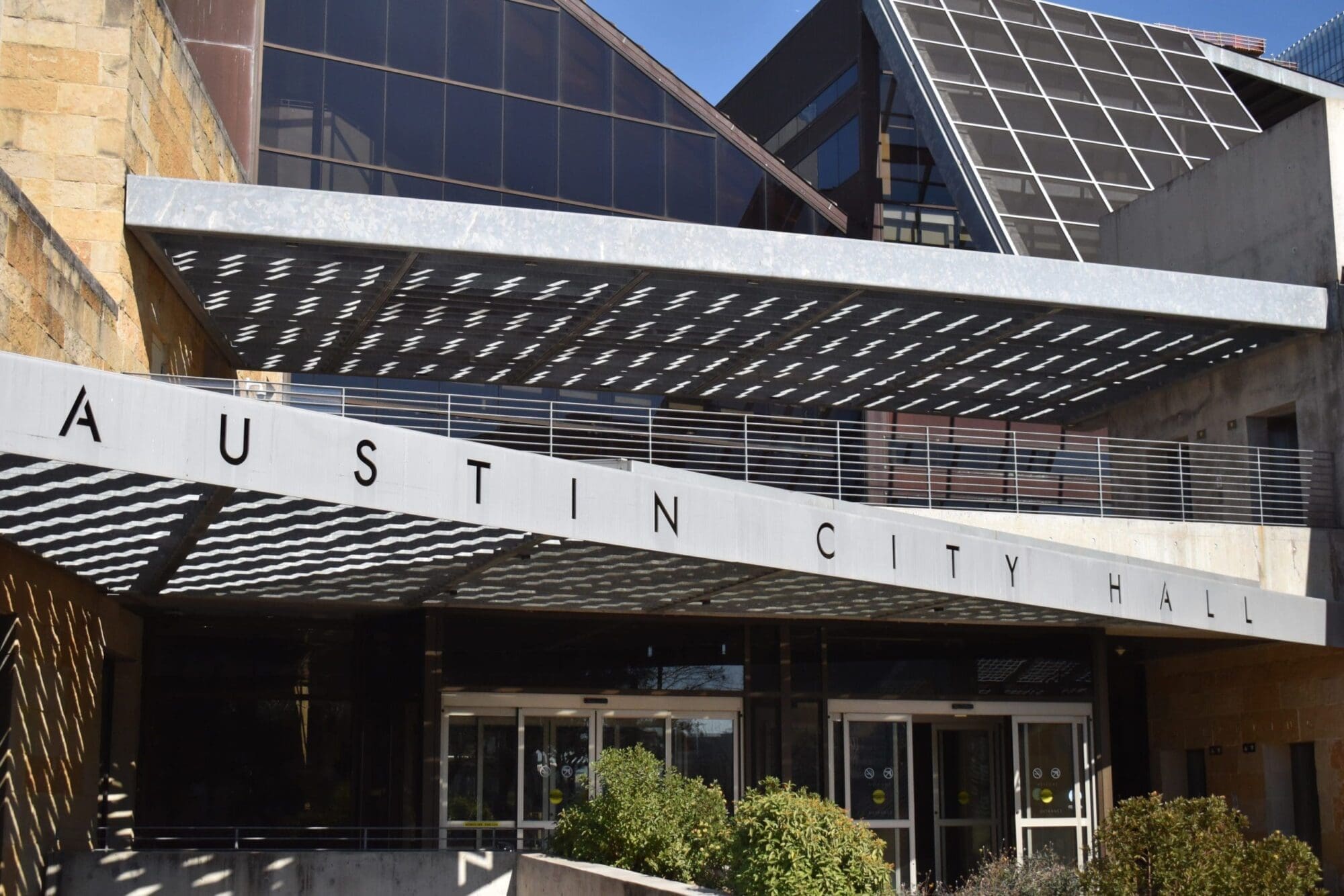Collin County Community College is asking voters to approve a blank check for $600 million in new debt. While approving the May proposition may raise future property tax rates by 12 cents, records show the district already increased property taxes 19.6 percent over the last five years.
Texas’ Truth in Taxation laws require local officials be told just how much their tax rates should change each year to offset appraisal changes. This appraisal-adjusted figure is known as the “effective” tax rate.

The tax data above can be found on the Collin County Tax Assessor’s website.
What is the “effective” tax rate and why does it matter?
It’s a nifty tool created by the state to make it easier for taxpayers to see how much local officials raise taxes each year, in part, because it accounts for appraisal changes.
Since real estate values usually rise over time, the effective tax rate is often lower than the current tax rate. A government that adopts the lower effective rate will collect roughly the same revenue from the same properties it also taxed the previous year. It would still, of course, allow the entity to collect new revenue from any new homes or businesses built inside its boundaries.
During the housing crash between 2009 and 2012, effective tax rates were often higher than current rates because of depressed real estate values. However, during growth periods and normal market conditions with rising values, officials must lower tax rates in order to prevent burdens from increasing.
If officials keep rates the same or only lower them slightly – and values rise – taxpayers living inside the district’s boundaries will pay a higher bill, a dynamic The Texas Association of Realtors has referred to as a “hidden” tax increase.
Homeowners in “conservative” Collin County already pay the second-highest property taxes in Texas, higher than even liberal Travis County. This is partially due to the fact that as land values rise, local officials generally refuse to lower rates enough to prevent a net tax increase.
A notable exception to this tax hiking culture is the Collin County Commissioners Court, which has aggressively reduced its tax rate in recent years. In fact, despite massive population growth, county officials adopted their effective tax rate in 2016.
The very same year, the Collin County Community College raised property taxes 7 percent. In May of 2017, they’re asking taxpayers for an additional $600 million in new debt, plus interest expense. Not only does May’s ballot proposition language fail to disclose the interest cost, it also fails to separate the proposition into separate items for voters to consider individually. This lack of transparency should concern taxpayers who are concerned about high property taxes and excessive debt.




